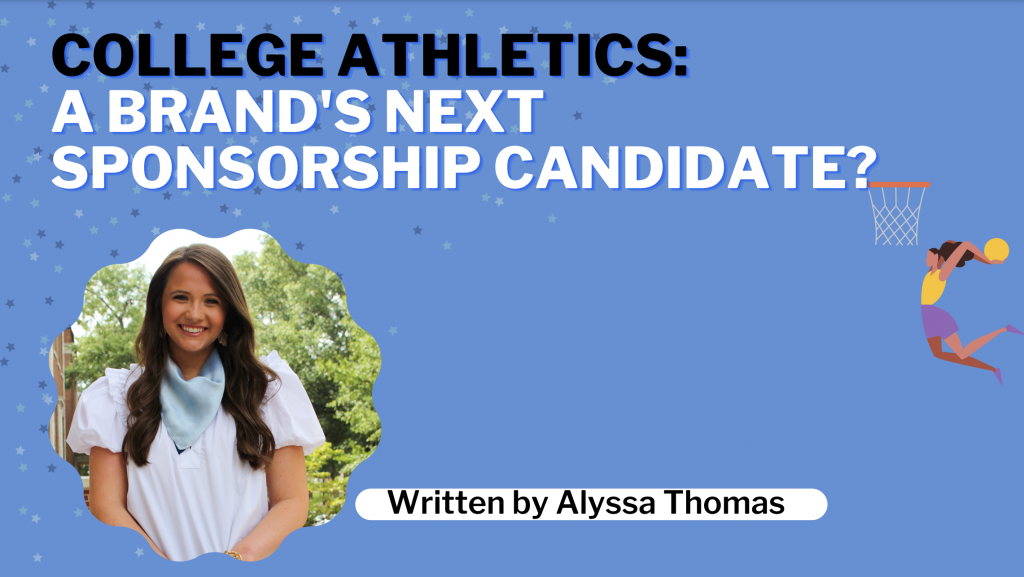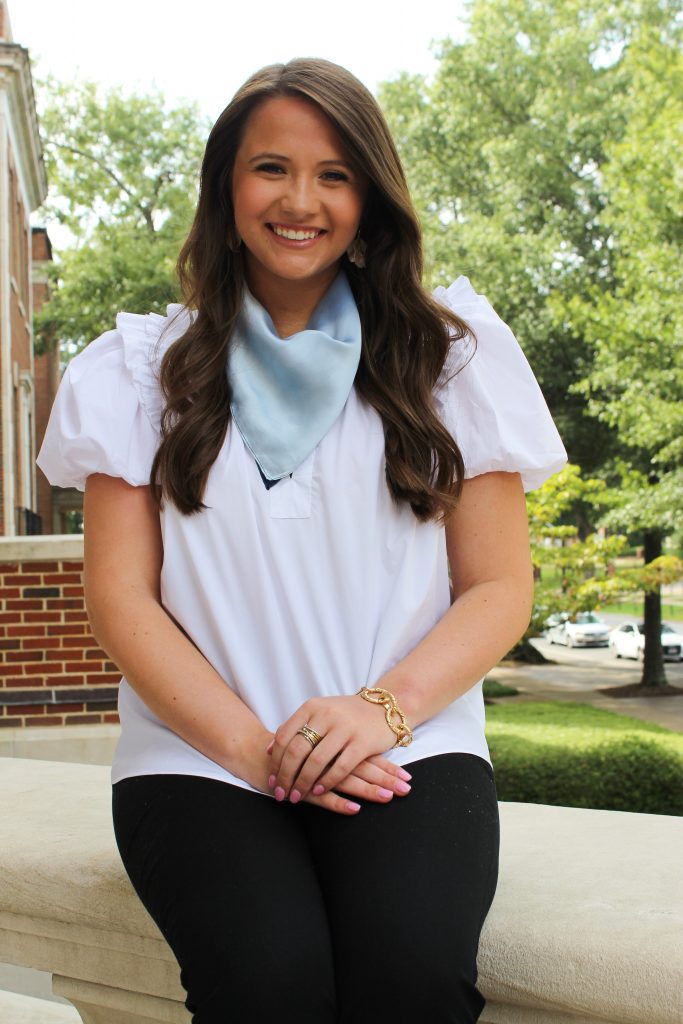College Athletics: A Brand’s Next Sponsorship Candidate?

Many of us are probably familiar with how professional athletes and even head coaches appear in different commercials promoting brands or post on social media about their favorite products. For the longest time, you may have wondered, why can’t college athletes have this opportunity? That has all changed.
The NCAA (National Collegiate Athletic Association) ruled on June 30, 2021, that college athletes in all three divisions can now make money through endorsements with brands starting July 1, 2021. These endorsement deals can capitalize on an athlete’s name, image and personal likeness (NIL). The NCAA made it very clear that this new ruling is not a pay-to-play circumstance like with professional athletes. All endorsement deals must comply with each individual state’s law governing NIL activities. The NCAA is still working with the U.S. Congress to draft federal legislation to help support these athletes and guide them through this new ruling.
Now that student-athletes have the chance to obtain endorsements based on their NILs in college athletics, they have the opportunity to expand their personal brands to their fans and supporters in unique ways on social media. These endorsements give athletes the chance to enhance their relationships with their teams and fan bases. In posting brand-related content on their social media accounts, athletes help their sponsored brands reach a new audience of potential consumers.
Numerous well-known college athletes have already confirmed endorsement deals with brands. These student-athletes include Bryce Young, Bo Nix, Lexie Sun, McKenzie Milton and D’Eriq King. Players such as Young are already earning up to seven figures from their sponsorships.
Twin sisters Hanna and Haley Cavinder are two athletes from Fresno State’s women’s basketball team who made an endorsement deal right after the new ruling. They are currently spokespeople for Boost Mobile, and their endorsement made headlines when promoted on a billboard in New York City’s Times Square on July 1, 2021. Hanna touted the deal on her Twitter account, while Haley announced the arrival of their Boost Mobile merchandise. The response to both Haley and Hanna’s tweets regarding their sponsorship was very positive, with Hanna’s billboard tweet amassing a significant number of retweets, quote tweets and likes.
Ga’Quincy “Kool-Aid” McKinstry is a true freshman defensive back at The University of Alabama. After the NCAA announced the new ruling, McKinstry was offered an endorsement deal with Kraft Foods Inc.’s flavored drink mix, Kool-Aid. After announcing the deal with Kool-Aid on his Instagram account, McKinstry has since posted other content promoting the partnership. The announcement post alone garnered more than 20,000 likes.
These examples demonstrate the unique ways in which players can capitalize on personal branding and connect with their audiences on social media — all with help from their sponsorships.
While some may say the NIL ruling is just another way for athletes to make money, it has a very beneficial effect on an athlete’s personal brand. Allowing college athletes the opportunity to increase and build their personal brands on social media is valuable for their future endeavors in the sports industry.

Alyssa Thomas is a senior at The University of Alabama. She is pursuing a degree in public relations with a concentration in sports and entertainment media and minoring in communication management. She is also an editor and writer for Platform Magazine, an online student-run publication at UA that is sponsored by The Plank Center for Leadership in Public Relations. She is an active member of several organizations across campus including PRCA, PRSSA and CMA EDU.
